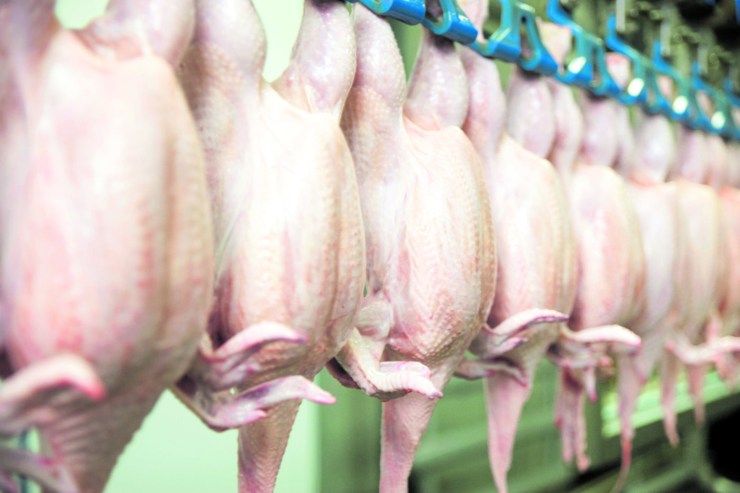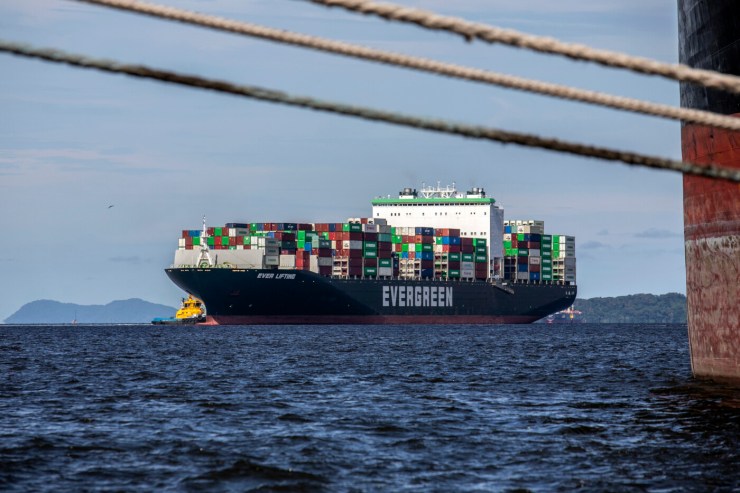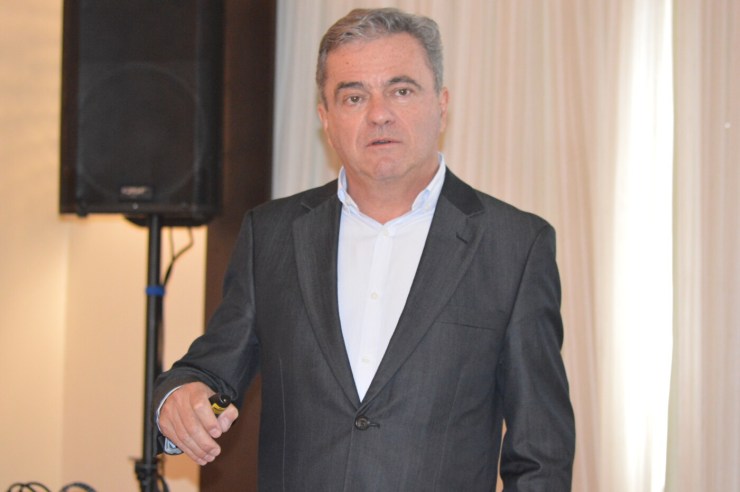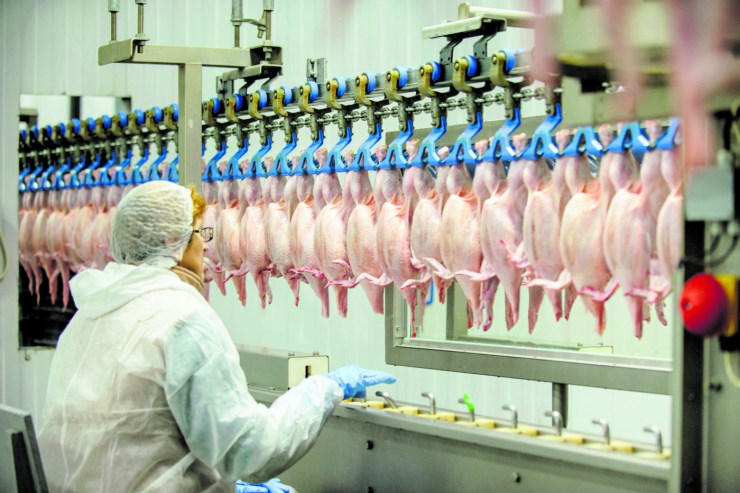Representatives of the agricultural sector met this Tuesday (15) with ministers and secretaries of the federal government to discuss the United States' decision to tax Brazilian products at 50%. During the meeting, they expressed support and confidence in the government's efforts to reverse the decision, but presented a worrying panorama of losses if the tariff hike is consolidated from August 1st. 

The meeting in Brasília was led by the Minister of Development, Industry, and Commerce, Geraldo Alckmin, and also included the participation of the Minister of Agriculture and Livestock, Carlos Fávaro. Among the productive sectors present were fishing, livestock, fruit, and coffee. Earlier, Alckmin led a meeting with business leaders from the industrial sector.

Photo: Claudio Neves
At a press conference, the president of the Brazilian Association of Meat Exporting Industries (Abiec), Roberto Perosa, assured that the tax imposed by the US would make the export of beef to the country unfeasible.
According to him, several meatpacking plants have already suspended production, but approximately 30,000 tons are currently in ports or being shipped to the United States. "Our immediate suggestion is to postpone the start of the tax. There are contracts in progress. We need an extension or a return to the previous situation. The sector is already taxed at approximately 36%. This 50% would be unviable for export," Perosa emphasized.
The president of the Brazilian Association of Fruit and Derivative Producers and Exporters (Abrafrutas), Guilherme Coelho, reported the climate of panic among mango producers.
According to him, the harvest was planned six months ago and 2,500 containers have already been contracted to transport exports ordered by the United States.
Coelho argued that food should be excluded from the tariff hike. "I want to congratulate Vice President Geraldo Alckmin, the Brazilian government, and Minister Fávaro on their swift action. At this point, we can't just take this mango and dump it in Europe. The logistics aren't there," explained the president of Abrafrutas. "We can't put this mango in Brazil because it will collapse the market. We need a definition, consensus, flexibility, and a global mindset, so as not to leave the fruit on the tree and cause mass unemployment."
Orange and coffee

Photo: Disclosure/OPR Archive
Orange producers also expressed their concerns to the government, as 40% of their exports are destined for the US. According to calculations by Ibiapaba Netto, president of the National Association of Citrus Juice Exporters (CitrusBR), 70% of the orange juice imported by the United States is of Brazilian origin. "There is still time for negotiation. We are confident that the government will achieve a good result. We need dialogue, negotiation, and pragmatism," Netto emphasized.
Coffee industry associations also participated in the meeting with the federal government. Marcio Ferreira, president of the Coffee Exporters Council (Cecafé), said that 33% of all coffee consumed in the US is produced in Brazil. "Brazilian coffee is the most competitive. It offers the body and sweetness that coffee from other origins lacks. Consumers are satisfied and happy with Brazilian coffee," Ferreira said. "We thank the government for everything it has done in Brazil and abroad, including opening markets. We will find a solution, and it will be beneficial for everyone."





